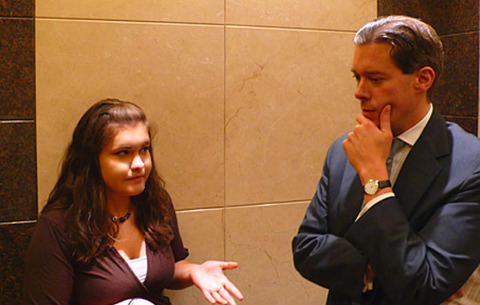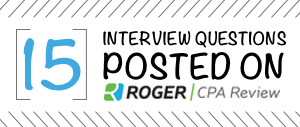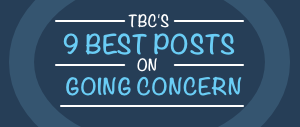The moment that stranger sees you, his or her brain makes a thousand computations: Are you someone to approach or to avoid? Are you friend or foe? Do you have status and authority? Are you trustworthy, competent, likeable, confident?
And these computations are made at lightning speed — making major decisions about one another in the first seven seconds of meeting. Needless to say, the Elevator Pitch is important..
Accounting Elevator Pitch
For the full Elevator Pitch eBook and more valuable resources to help your find your first accounting job, check out the Get Hired By Big 4 Accounting Firms here!
1. What is your goal? Are you looking for a part-time job? Internship? Summer Leadership Conference? Full-time job? Whatever your goal, it needs to be defined up front, so we can make sure it plays into the pitch.
2. When to use it?
- Opening an interview
- Elevator (obviously)
- Firm social
- University event
- Meeting someone at a conference
- Dealing with clients
3. Write it down
How long should it be? 25 seconds or less.
4. Practice out loud and get feedback
Written word and spoken word are two different things. Get the pitch down on a piece of paper to organize your ideas, but remember this is something you will be saying. Practice it five to ten times out loud before getting in front of a mirror.
5. Get in front of a mirror
While the elevator pitch won’t land you the position you’re looking for, it can certainly end your chances. And as we’ve mentioned many times on the show, over 95% of communication is non-verbal. Look at the way your face, arms, chest, stance, and posture appear. Make a mental note of what you’re seeing and play with little adjustments to see what works.
Something I would advise you to do is practice with your friends to get a better perception of body language. Watch them give the pitch and think about how you feel when you see them talk. Do they project an image of intelligence, strength, courage, and confidence? Or do they appear flat, confused, unorganized, and insecure?
6. Let it flow – this CANNOT sound rehearsed
While I have written some examples below and I encourage you to write your thoughts down, there should be NO READING of these pitches. The flow needs to occur with your verbal twitch, your accent, and your own flow. Often times I find the written word not able to capture the idiosyncrasies of a person’s voice.
7. Have a few versions ready for different audiences
You’re always going to be speaking to different audiences and you’ll need to switch your pitch accordingly. For example, Grandma Jane who works as a public school bus driver may not even know what “CPA” stands for. Go ahead and spell that one out for her before she’s lost thinking you’re a nurse performing CPR on patients.
8. End with a question
When you’re trying to win someone over, you want to be in the driver’s seat of the conversation. That being said, you don’t want the focus to be solely on you. If that person leaves the conversation knowing who you are and what your looking for, that’s great. But if he or she obtains that information and feels like you genuinely cared about him or her, that’s AMAZING!
Have a look at a few of the examples below.
Elevator Pitch Examples
My name is Andrew Argue and I’m in my sophomore year at the University of Colorado. I’m originally from New York but I love the snow, mountains, and business school we have here at U of C. I hadn’t had any experience with accounting until my first class in University and I loved it! I am now looking for an opportunity to participate in a summer leadership conference with E&Y for Summer 20XX. How long have you been at E&Y?
My name is Andrew Argue and I’m a first year associate at BDO in the Atlanta office. I went to the University of Georgia where I received my Master’s in Accounting. I also passed the CPA exam while I was there. I’ve worked for the last year at BDO on a wide variety of clients in the constructions and technology industries. Where did you say you went to University? How long have you been at XXXXX company?
My name is Andrew Argue and I’m currently looking for a full-time position as a tax accountant. I have always loved research and I have really been able to apply that passion in my coursework. I have met some incredible individuals here in the Seattle area who have convinced me that it’s a great career based on my passions. I am about to graduate with my Master’s in Tax and plan on obtaining my CPA license by May 20XX. How long have you been in Tax?
My name is Andrew Argue and I am originally from Arizona. I went to NYU for my Master’s Degree and have spent the last few years as an internal auditor at XYZ company. I’m currently looking for a position where I can be more involved in the operations side of the business and I can apply the skills I’ve learned as an auditor to assist the running of the company. I have my CPA and CIA licenses and most of my experience has been in the energy and government markets. Tell me a little bit about your background, are you from New York originally?
Email me with any questions at andrew@thebeancounter.com







